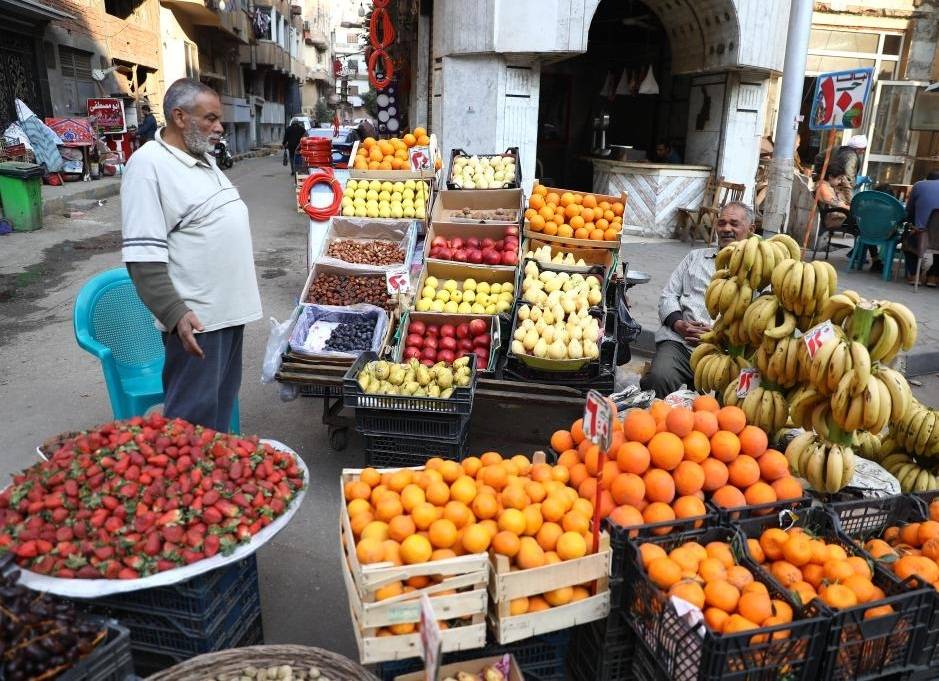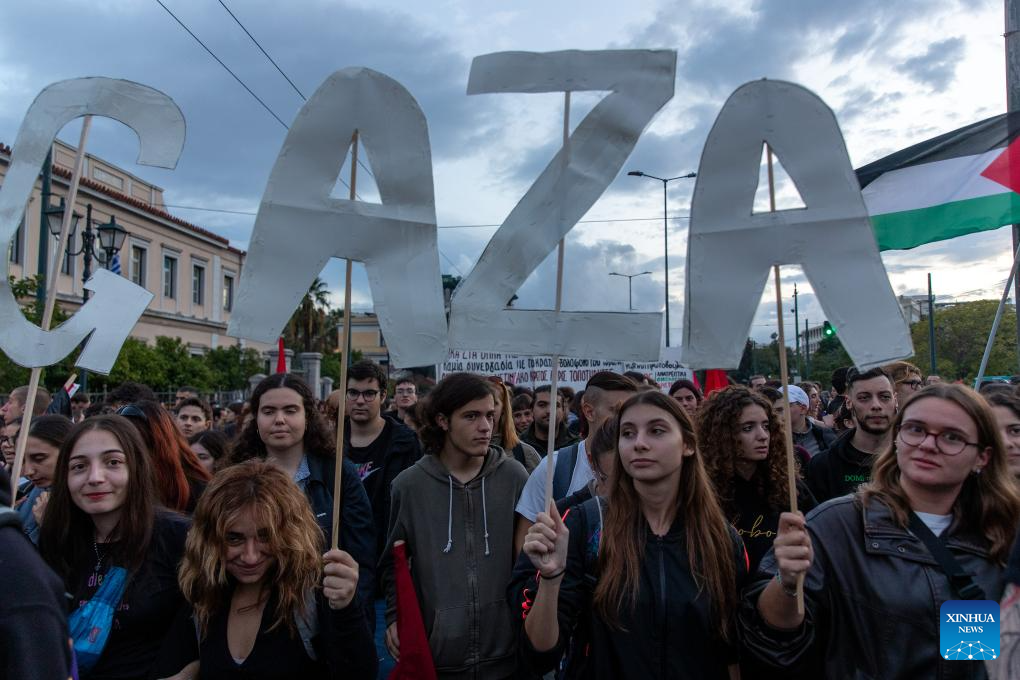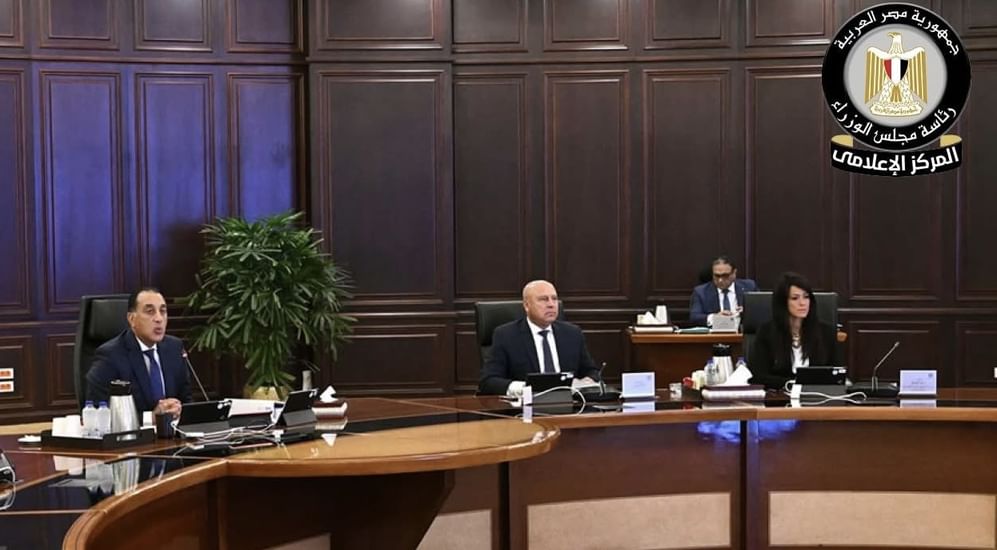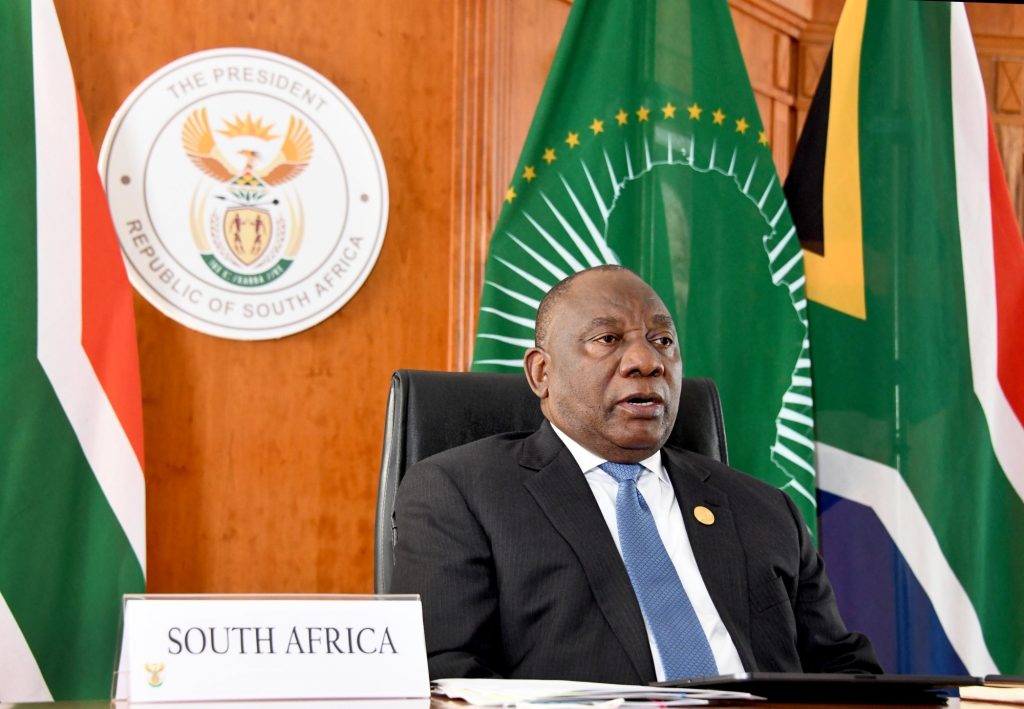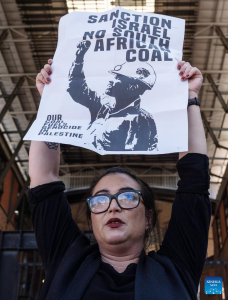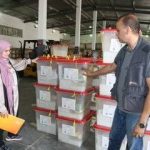The government has worked to secure the reserve of basic food products for six months “with reasonable prices,” The prime minister noted…reports Asian Lite News
The Egyptian government has introduced a package of measures trying to ease the rapidly growing prices in local markets, which are driven up by a combination of the global supply chain interruption during the Russian-Ukraine conflict and the elevated demand for food ahead of Ramadan, Muslims’ fasting month.
Egypt’s Prime Minister Mostafa Madbouly said last week that some foodstuff, such as wheat and poultry products, in Egypt has witnessed a drastic surge in prices on the heels of the Russia-Ukraine conflict.
The government has worked to secure the reserve of basic food products for six months “with reasonable prices,” The prime minister noted.

Madbouly added that the government will also expand the distribution of the street stalls for selling subsidized essentials, tighten the supervision on markets, and promote campaigns for raising awareness about rationalizing consumption.
“The rise of prices in Egypt is part of an inflation wave that is hitting the world,” Mohamed Mostafa, an economic expert, told Xinhua.
The Egyptian government estimated that 35 percent of Egypt’s inflation rate is related to external factors, according to the official statistics.
As the world’s biggest importer of wheat, Egypt imports 80 percent of its wheat from Russia and Ukraine. The country is facing pressure from the surge of wheat prices in the international market.
Mostafa said that the Egyptian government has been trying to contain the current inflation wave, including market monitoring, setting up exhibitions to sell essential goods at lower prices, and securing the stocks of the commodities.
On Sunday, the government announced that a total of 189,000 tonnes of wheat from Russia, Ukraine, and Romania will reach the shore of Egypt within days, adding it is also working to look for other sources.
On Saturday, Minister of Trade and Industry Nevine Gamea announced a three-month export ban on green wheat, cooking oil, corn, flour, lentil, and beans to secure citizens’ need for basic necessities and increase the supplies to prevent further surges in prices.
ALSO READ: Egypt Plans Reforms in Economy
Egyptian President Abdel-Fattah al-Sisi also instructed on Sunday to offer farmers additional incentives, to encourage them to deliver the largest possible amount of wheat during the agricultural season that starts amid April.
Moreover, the inflation of foodstuff is exacerbated by the rising demand ahead of the month of Ramadan.
Egypt’s Public Prosecution last week ordered to arrest 12 merchants over charges of hoarding commodities to take advantage of global inflation and the Ramadan shopping season – which starts in early April – to make a good margin.
The Federation of Egyptian Chambers of Commerce announced that it has worked with the government to set up exhibitions, dubbed “Welcome Ramadan” across the country starting from March 15 with discounts on all foodstuff.

